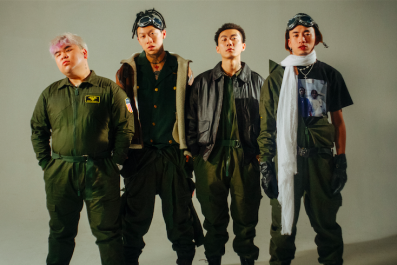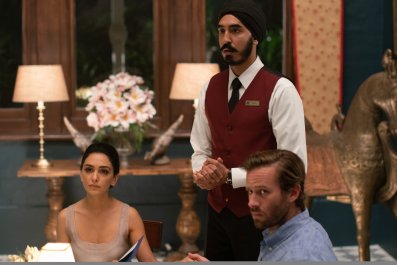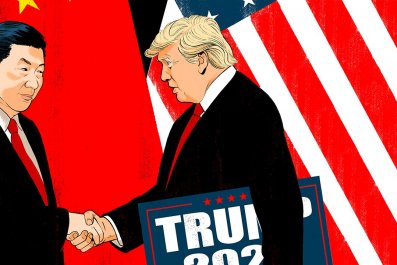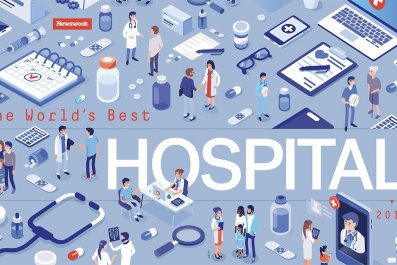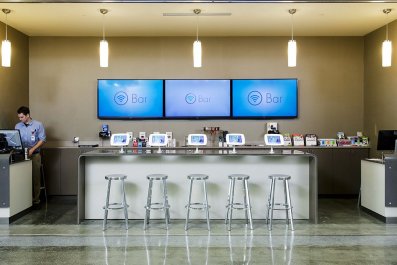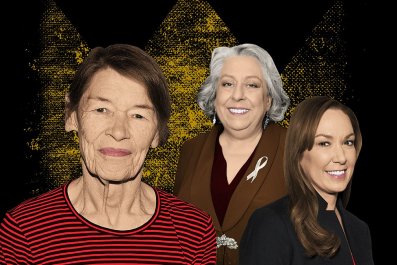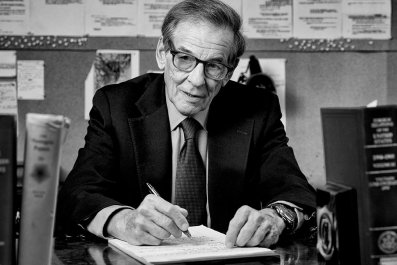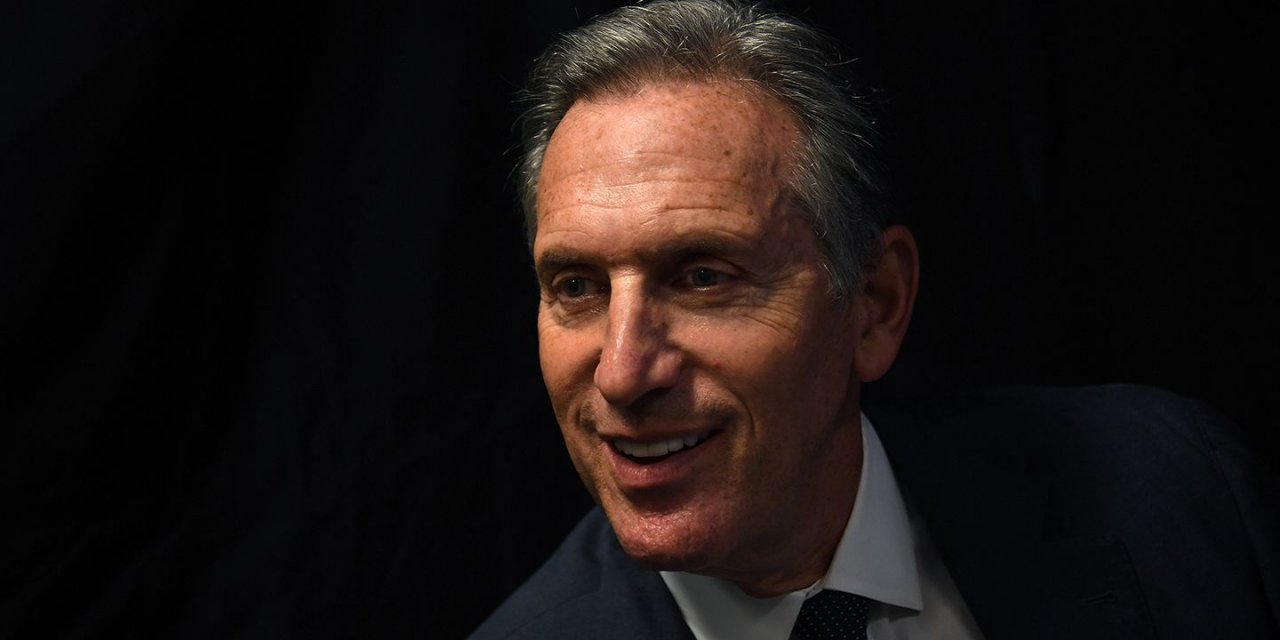
Howard Schultz and his potential presidential campaign are fizzling as fast as the ill-fated Maple Macchiato.
With widespread ridicule of his rollout and favorability ratings in the low single digits, the former Starbucks chairman, like the failed coffeehouse concoction, is chock-full of conflicting ingredients.
First, Schultz is offering one of the oldest propositions in politics: A superstar CEO will "run America like a business." That pitch propelled Donald Trump and offered rationales for other business leaders who have sought the presidency, including Ross Perot, Carly Fiorina and Herman Cain.
Second, Schultz presents himself as a kinder, gentler capitalist who treats his baristas as partners, not proletarians, provides health care and promotes social concerns such as conversations about race.
However, he's running not as a longtime liberal Democrat but as a "centrist independent." Schultz opposes Medicare for all, higher taxes on the super-rich, a $15-an-hour minimum wage and union organizing at Starbucks as vehemently as he speaks out against Trump's border wall. ("I don't think the American people want to embrace an economic environment in which socialism is going to rule the day," he told a Texas crowd in early March.)
Typifying his self-contradictory campaign, he claims Franklin D. Roosevelt as his favorite president while criticizing two cornerstones of the New Deal—activist government funded by progressive taxation and strong unions that even the odds between billionaire bosses and frontline workers.
A gifted marketer, Schultz must be getting the message that, as his fellow billionaire Michael Bloomberg recently acknowledged, there's no mass constituency for his "socially liberal but fiscally conservative" brew. And it's too late to rebrand his candidacy.
But, as a corporate statesman, Schultz should consider and learn from another iconic business leader from the Pacific Northwest, who was on FDR's shortlist for his successor and addressed Schultz's concerns, including infrastructure, health care and middle-class jobs: Henry J. Kaiser.
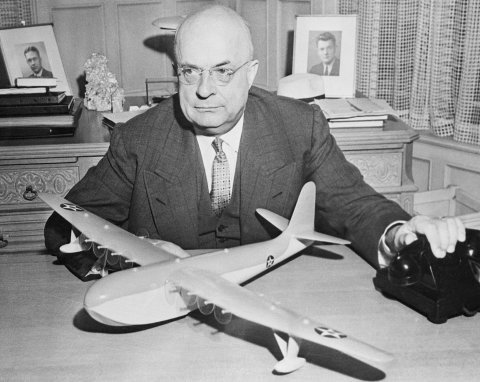
Known as FDR's favorite businessman, Kaiser built his companies by meeting national needs. He founded a construction company in Spokane that worked on state road and bridge projects throughout the region. Completing the work quickly and inexpensively, Kaiser won contracts for major federal projects, including the Bonneville and Grand Coulee dams in Washington state and Oregon.
To meet deadlines within budgets, Kaiser drove workers to the breaking point. While building the Hoover Dam in 1931, 14 men died from heat exhaustion in one day, prompting 1,400 workers to strike.
That caused a transformation of his attitudes: Kaiser raised workers' pay, improved safety and recognized unions. This was good business as his companies expanded beyond construction to industries requiring stable workforces. And, often with support from politically influential unions, he won more contracts from the pro-labor Roosevelt administration.
During World War II, FDR turned to Kaiser to equip the nation for the fight against fascism. Beginning in 1940, Kaiser started up seven shipyards in California, Washington and Oregon, employing about 200,000 workers, including African-Americans and women, and building a third of the nation's new ships for the Navy and Merchant Marine. Wanting a healthy, committed workforce, Kaiser developed prepaid medical care (the forerunner of the Kaiser-Permanente health maintenance organization) and onsite child care with nurses and teachers (a model for preschool programs).
By 1944, an ailing FDR wanted to replace his left-leaning vice president, Henry Wallace. Having attained a celebrity that Schultz would envy, as well as having furthered the New Deal's socio-economic goals, Kaiser was FDR's favorite. But after soundings showed voters thought Kaiser was either German or Jewish, FDR opted for a safer choice: Missouri Senator Harry Truman, who would succeed FDR.
Until his death in 1967, Kaiser continued to pursue innovative ways to humanize workplaces. For instance, Kaiser Aluminum plants in Washington state offered something unheard-of—then or now: sabbaticals for blue-collar workers. Every five years, workers could take 10 weeks off at 13 weeks' pay. When I spoke with Kaiser workers from these plants who had clashed with a newer, crueler management in the late 1990s, they spoke reverently about the times when they or their parents had met "Henry J." (Kaiser Aluminum is now under new management that works collaboratively with the union, fulfilling its founder's legacy.)
Now, it's time for corporate and political leaders to "meet" Kaiser. Today's America should relearn the lesson of his legacy: Serving social needs and treating workers fairly is the right way to build business.
→ David Kusnet was chief speechwriter for then-President Bill Clinton from 1992 through 1994. He is the author of Love the Work, Hate the Job: Why America's Best Workers Are More Unhappy than Ever (Wiley, 2008), a study of workplace conflicts in the Seattle area.



